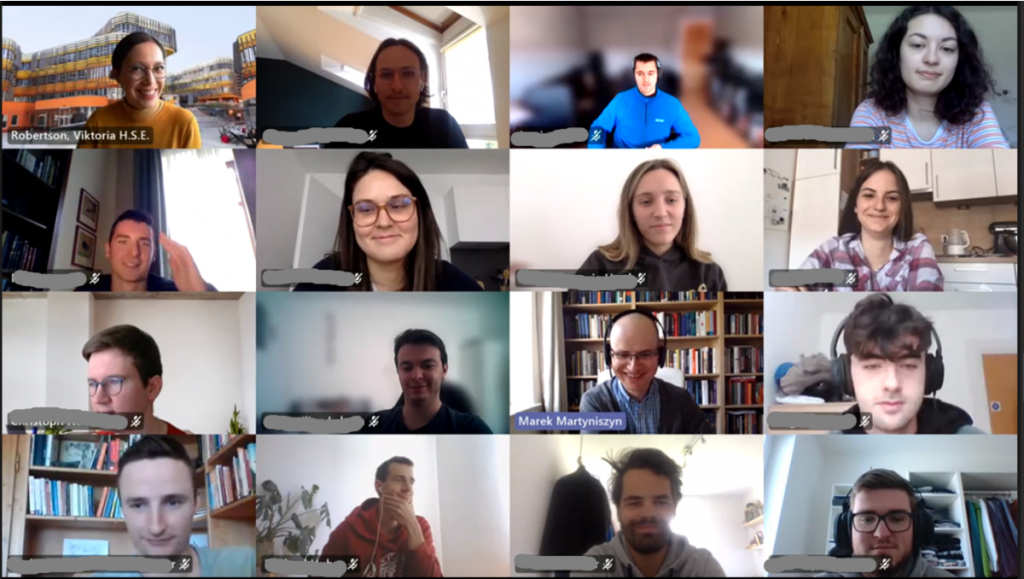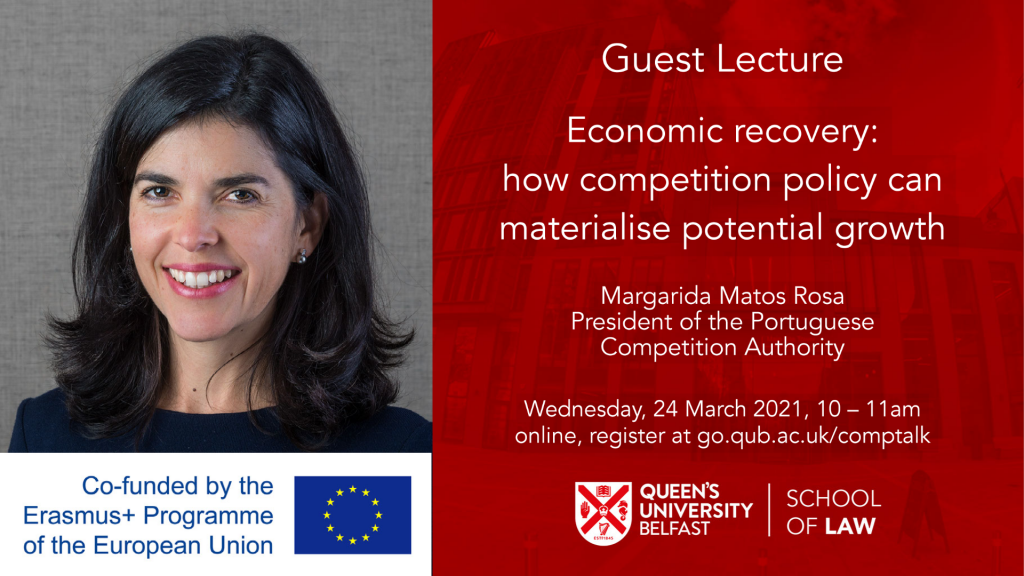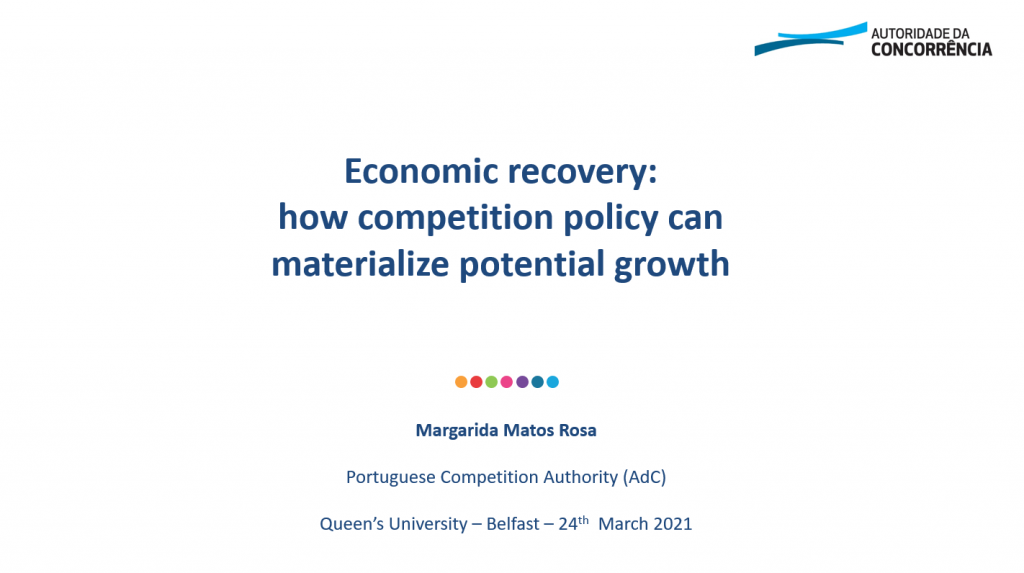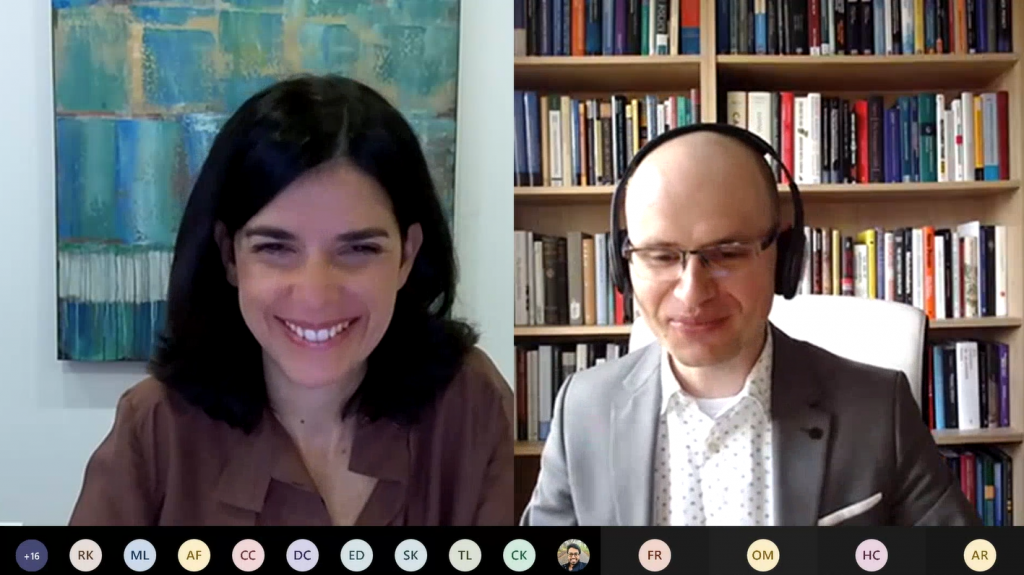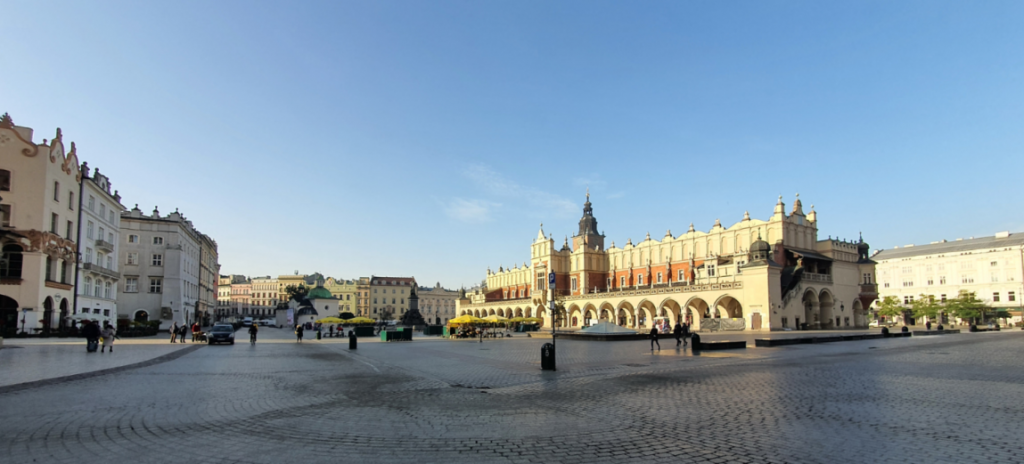This week we had our last session this semester. Apart from the substantive issues as per the syllabus, we also discussed the current affairs — the measures already taken and those being envisaged by competition agencies, and also what may await us, in the field of competition law and policy, later on during or after this emergency.
It has been a pleasure to engage with this group of highly
motivated and energetic students. Many thanks to the Jean Monnet Erasmus+
scheme for supporting this offering.
The anonymous feedback I received from students (by means of anonymous online survey) is very encouraging. Students found the module both intellectually stimulating and well-organised. Here are some open text comments re any good pracitces or aspects of the module students found most valuable:
‘The interactive learning approach and emphasis on participation in class was great. Having course materials available on OneNote and using this platform for class work was also very good. The guest lecturers were also very interesting.’
‘Broad scope of competition law themes covered. Lecturer’s breadth of knowledge allowed the class to engage in discussions beyond core textbooks. Contemporary sources and real life problems. Guest lectures from distinguished lecturer’s from other jurisdictions. Computer skills.‘
‘The constant use of group work even when working remotely was very valuable, this module ran seamlessly throughout the year regardless of the coronavirus distractions.’
Such positive feedback is very rewarding. It makes it worth-while to invest the necessary energy and efforts into making the seminars interactive, taking risks of using new tools and methods, and bringing in external experts from practice to provide different, practice-informed perspetive on the covered matters.

